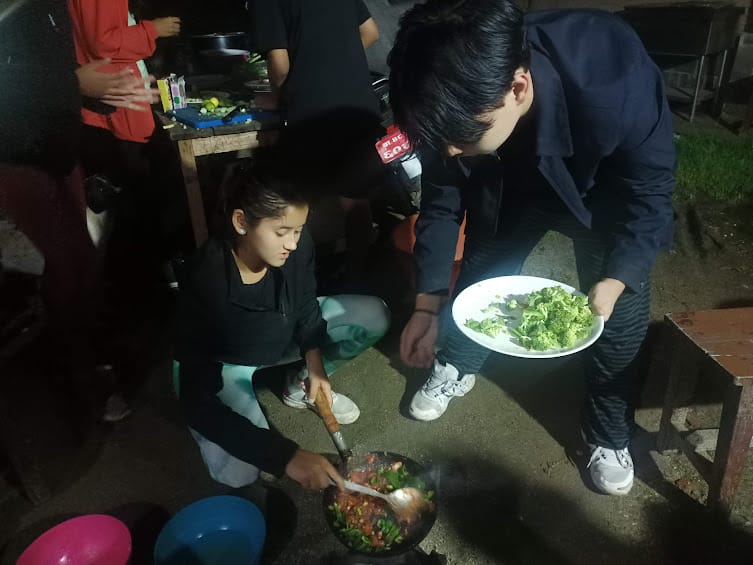Extra Curricular Activities (ECA)
- My Emotion Matters
- 3Di School Nepal
- Digi School
- Robotics
- Makerspace
- Duke Of Edinburgh Award
Emotional Intelligence 101 is a self-reflective course available to Grade 9 students at Kaasthamandap Vidhyalaya designed and facilitated by My Emotions Matter, a values based education company that helps individuals and teams develop the mindset and skills of Emotional Intelligence. As a part of the Kaasthamandap Vidhyalaya's Student Enrichment Program, the Emotional Intelligence course intends to help students become self-aware about their emotions, intentional about everyday choices, and purposeful with actions through practical frameworks, vocabulary, and reflective spaces.
Based on the KCG-123 model developed by Six Seconds Network, the course consists of three themes and eight competencies to help students cultivate self-understanding, make better choices around self-expression, connect with people, and manage relationships with peers, teachers, and parents. The weekly sessions of the course consist of discussions about Emotional Intelligence (EI) concepts, dedicated workbooks for students to work on reflective exercises, and assessments designed to gauge the students' understanding of the EI concepts and application in everyday life.
“The thing I learned throughout the course is how to be emotionally literate. The way we respond to the stimuli can even be our habit. It is like a pattern. How I react to situations can cause my day to be bad or good. Knowing what I feel, thinking of the alternatives, and understanding what exactly do I want, helps us boost ourselves forward,” reflects Devansh Jung Khadka, a Grade 9 student at Kaasthamandap Vidhyalaya.
Ananyaa Bhattarai, another Grade 9 student shares about her course learning, “It is important to analyze not only your emotions but your surroundings and why you feel the way you do. The emotions are not just the manifestations of what one is feeling but sometimes what others around are feeling as well.”
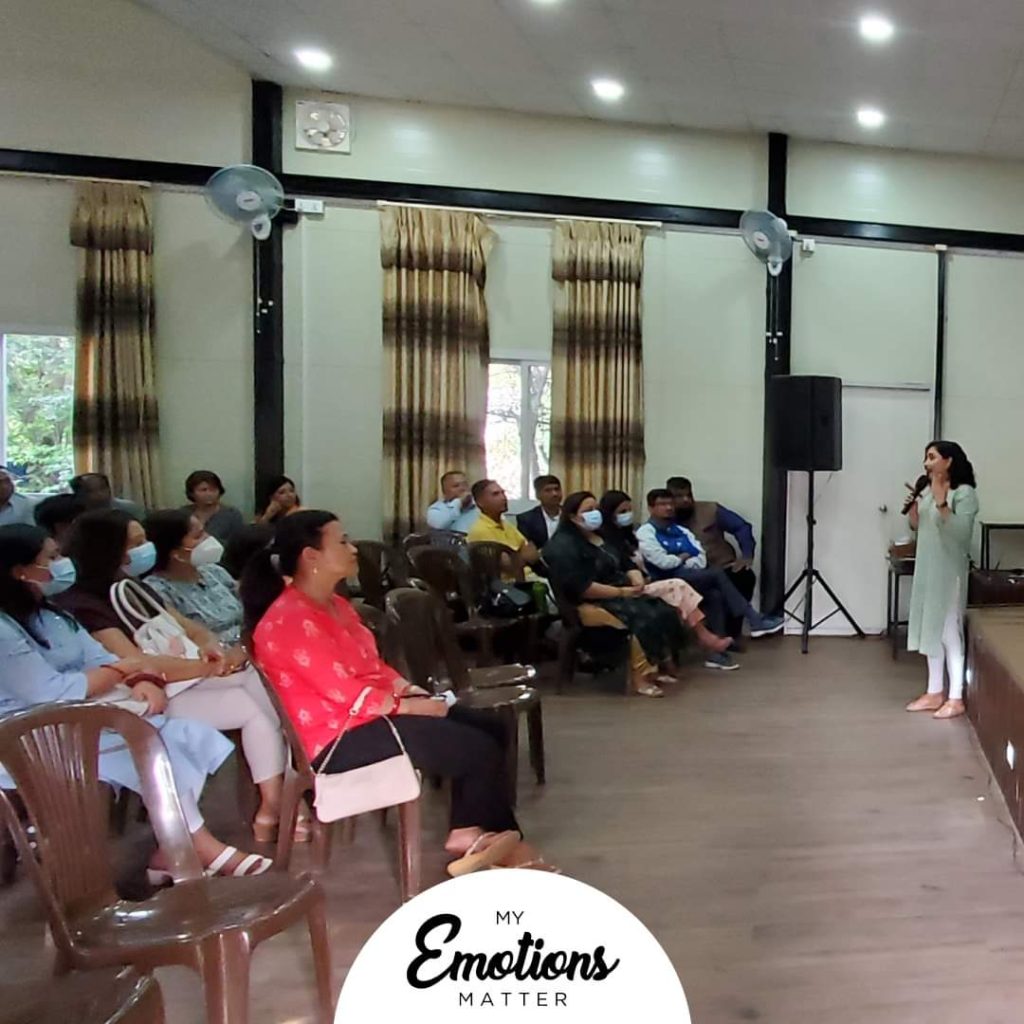
Crafted in New Zealand, the 3DI School NZ Programme is a combined effort of creative minds and academics from several countries namely – New Zealand, Australia, United Kingdom, United States of America, Canada and others.
The 3DI School program mainly focuses on Art, Academics, Design and Technology and is based on a globally focused curriculum and advocates for the integration of 21stcentury skills in early learning experiences for our young students to build the skills they need, not only when entering school, but for life. Certified over 50k students so far and counting, 3DI School has been very successful with happy students and immensely satisfied schools and parents.
Based on the grade, a combination of Digital Art tools and softwares are taught to the students namely - STYKZ, Algodoo (Interactive Animation), SketchUp (3D Modelling), Blender (3D Animation), Pencil (2D Animation & 2D Drawing), Sculptris (3D Sculpting), Monkey Jam (Stop Motion Film Making), Vectorian Giotto (Flash Animation), Inkscape (Graphic Design), Freemind (Mind Mapping), GIMP (Photo Manipulation).
With a pioneering mind-set, 3DI brings the best of technologies, methodologies, processes in Teaching and Learning to make learning simple and fun for the students in a virtual space.
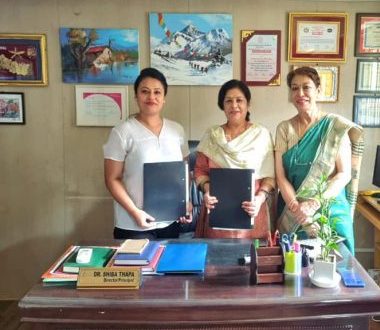
Digi School provides an outstanding academic experience for students, teachers and administrators through flexible learning and expert teaching. We encourage and challenge both students, teachers and administrators to reach their full potential through automation and communication. We believe learning should be approachable and data is an important aspect to point towards the right direction. With Schoolworkspro, a data-driven approach is implemented to improve the academic quality.
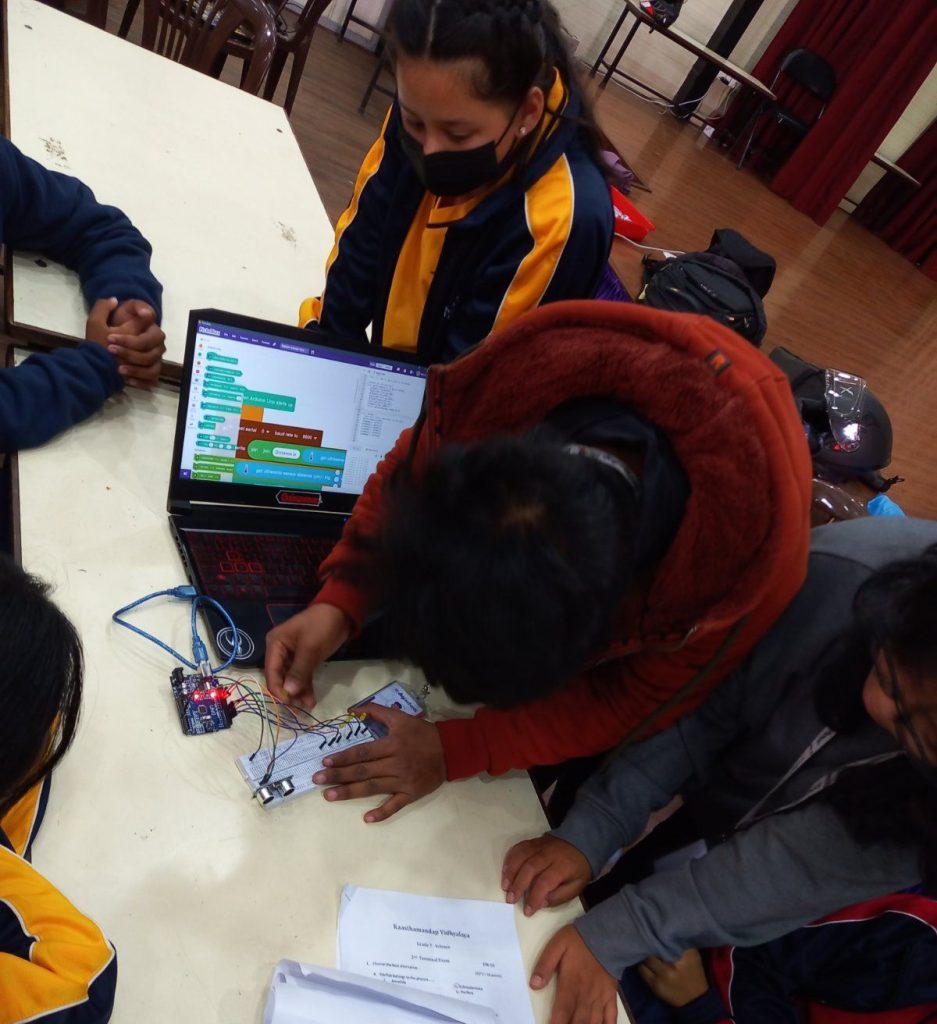
Kaasthamandap Vidhyalaya has collaborated with Neema Academy to run Robotics and coding classes for our 4th graders which has been an effective way to help students develop computational thinking and problem-solving skills. Robotics classes introduce students to the basics of programming and electronics, and give them hands-on experience with building and programming robots. Coding classes, on the other hand, focus on teaching students how to write code and create programs. Both robotics and coding classes can help students develop critical thinking, creativity, and collaboration skills. They can also be a fun and engaging way to introduce students to the field of computer science and spark their interest in technology and programming.
Kaasthamandap Vidhyalaya has partnered with Karkhana to offer STEAM workshops that use hands-on, problem-based learning methods to teach students. The makerspace environment is designed to foster creativity and innovation while teaching 21st century skills.
A makerspace is a community-operated physical location where people gather to share resources and knowledge, work on projects, network, and build. It can include tools, equipment, and technology such as 3D printers, laser cutters, and microcontrollers, as well as traditional tools like saws and drills. These spaces are designed to foster creativity, innovation, and hands-on learning, and are often used for projects related to science, technology, engineering, arts, and mathematics (STEAM). Makerspaces can be found in schools, libraries, community centers, and other public spaces.
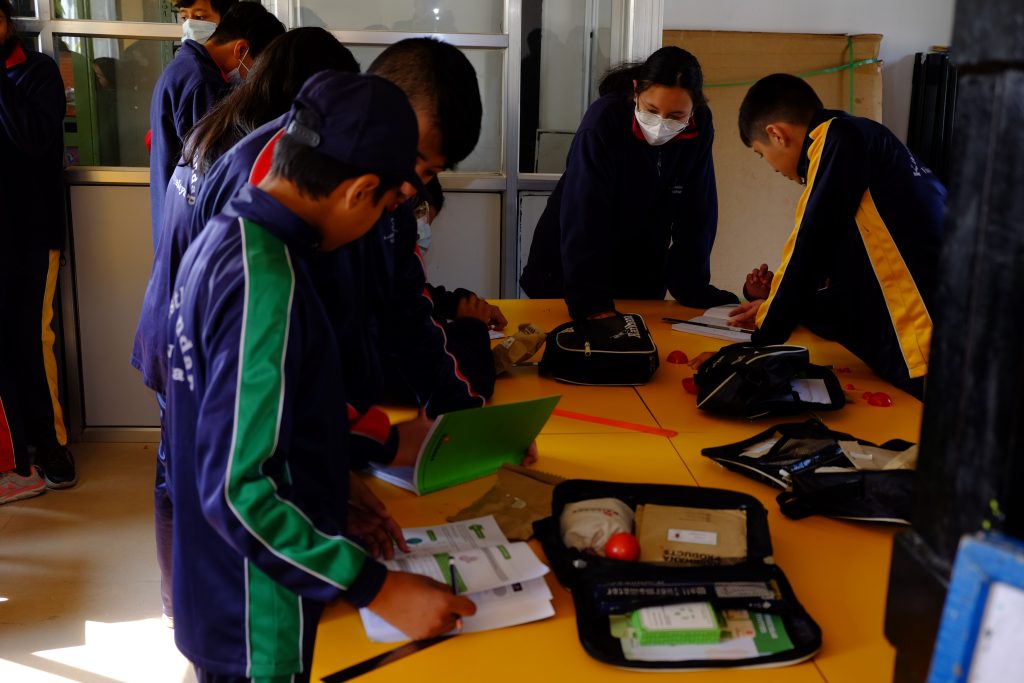
The Duke of Edinburgh Award programme is a voluntary, non-competitive programme in which young people are encouraged to create their own programme activities, set their own achievable goals, and challenge themselves to meet those self-set goals, with consistent effort over time. As this programme operates in 144 countries worldwide, the recipients of this award receive recognition on a global scale: priority in admissions decisions, and employment prospects from institutions affiliated with this programme.
There are three levels to the award: Bronze, Silver and Gold. We have been conducting the Bronze award, which is for students with a minimum age of 13 years 9 months, and which has a minimum time of participation of 6 months. The award has four sections: Service, Physical Recreation, Skills and Adventurous Journey.
